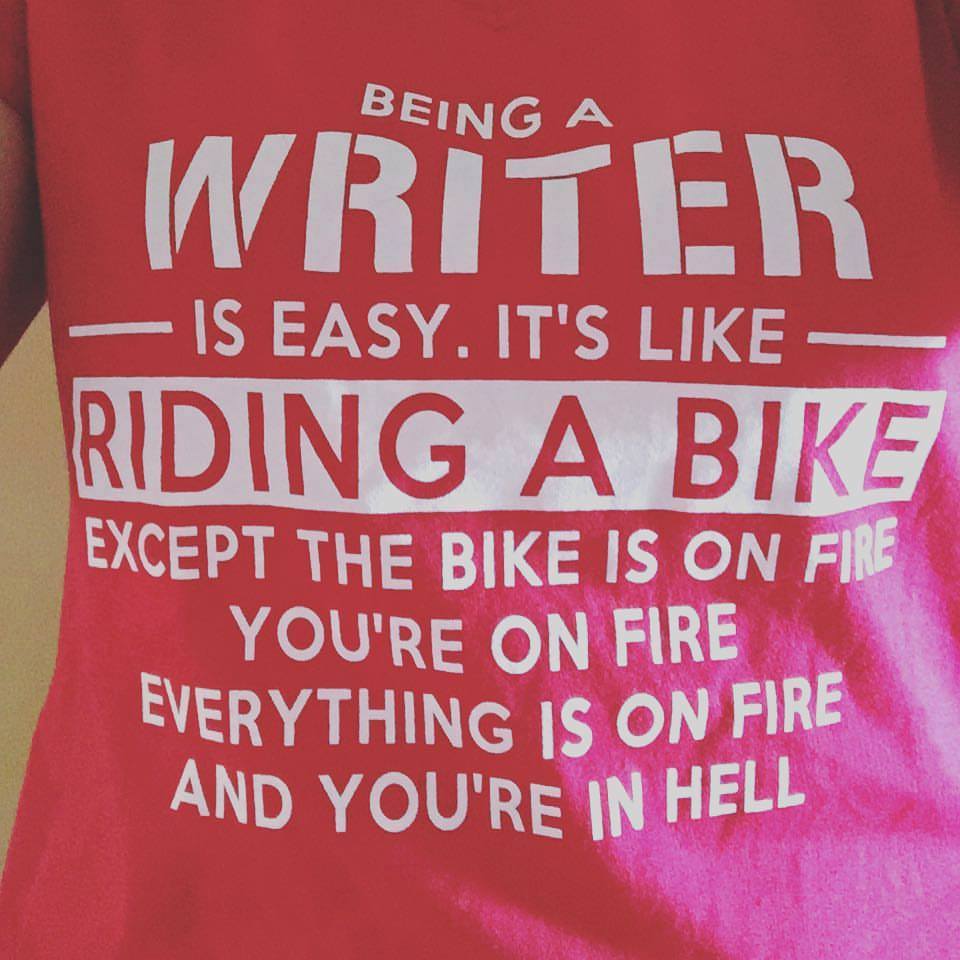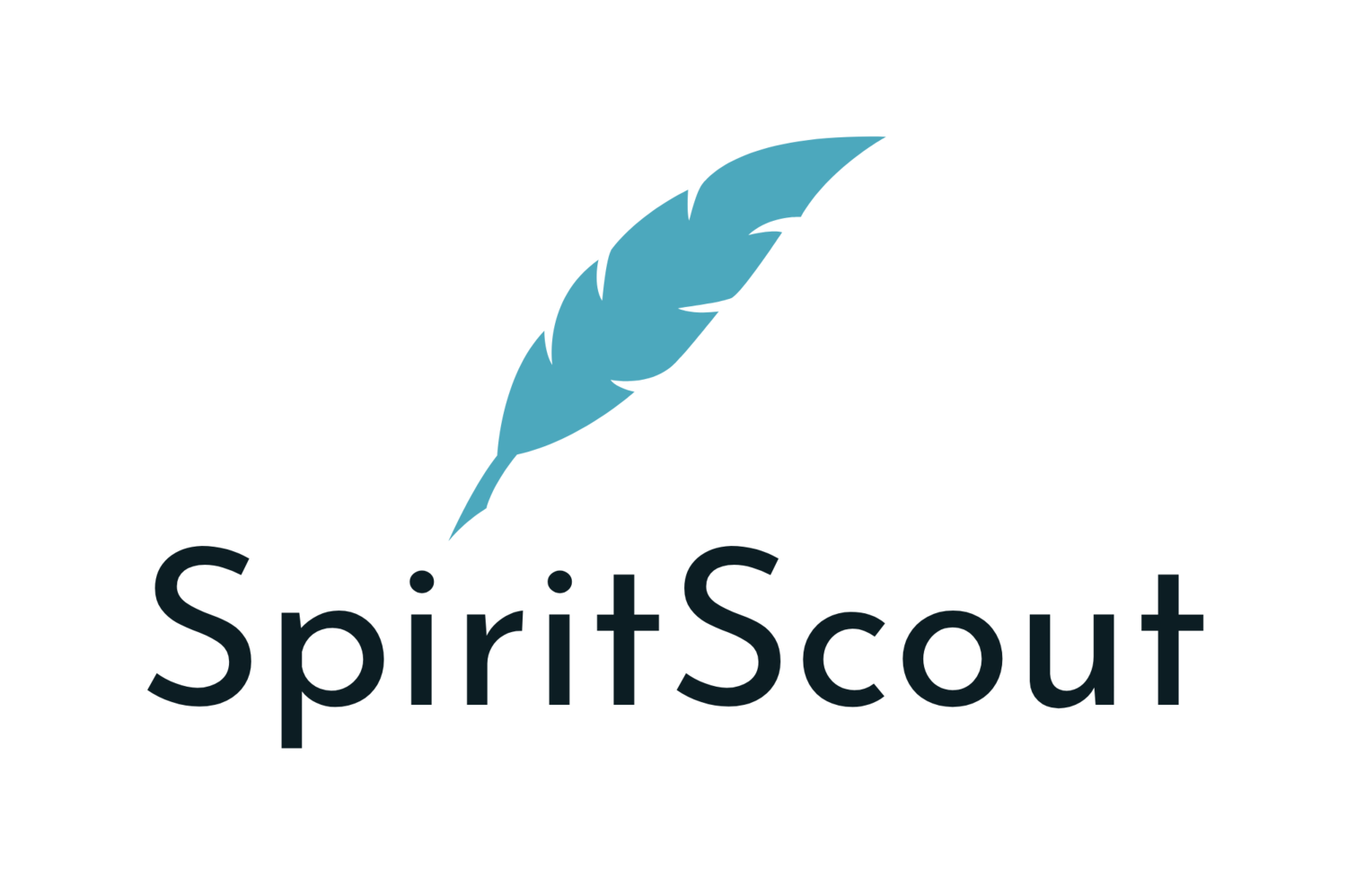Eye Of The Beholder
‘Any idiot can face a challenge, it’s the day to day living that wears us out.’ —Chekov
2021
This constipated pandemic is making me feel crazed, like I’m on an endless roller coaster ride to nowhere. As a result, I often find myself in a state my husband likes to call ‘pre-annoyed.’ Pre-annoyed is the first step on the slippery slope to outrage. I’ve found that living in a perpetual state of fight-or-flight for the past eighteen months has primed me to be a bit more self-righteously indignant than usual. I’m frustrated because my optimism is being held hostage, expectations and disappointments feel jumbled, and it’s hard to generate any real momentum.
Roz Chast the New Yorker
I toggle daily between the toxic positivity of Edith Bunker and the delicious crabbiness of Gladys Kravitz. As I step onto an elevator, or stand in a line, or wait on hold with customer service, I’ve already got my emotional dukes up—ready alert—to be provoked by some other human who is probably kind and well-meaning (but often maskless.) This irksome state makes me feel nervous, impatient, and more judgmental than I am comfortable with. In a word: jumpy. In fairness, we are constantly being triggered by pandemic fallout— health safety, lack of control, rule breakers, and disappointment fatigue, just to name a few. I think Covid is having an erosive effect on our collective emotional psyche—we’re emotionally pooped—and it feels quite contagious.
Since borderline bitchy is not my natural default, nor is it a pattern I want to perpetuate, I thought I would examine some ways I might mitigate my cranky. As my middle daughter, Tuckie, likes to say ‘Being outraged doesn’t make you right, it just makes you outraged.’
The Blame Game
I kept returning to the days of BC: Before Covid when conjuring up what a spell of this irrational fury felt like, and immediately ‘road-rage’ came to mind. The phenomena of following a mind-numbingly inept driver whose slow speed is inversely proportional to my rising blood pressure. The one who takes an hour to turn right as I pull my fingernails out one by one. We’ve all been there. Do you remember the moment when you finally figure out it’s really a student driver behind the wheel? Just like that, Poof! the mindset shifts, and we become magnanimous angels, rooting for the kid.
What upsets us is not what actually happens to us, but our thoughts about what happens. Nothing has changed except the perception of the situation, our Point of View (POV). There’s the story of the meditation retreat where a woman is growing increasingly furious with the man seated next to her because he is constantly clicking his teeth during sessions. Indignantly she calls him out on it. He calmly turns and points to the radiator. Her anger evaporates. Bliss is magically restored.
‘Begin by challenging your own assumptions. Your assumptions are your windows on the world. Scrub them off every once in a while, or the light won’t come in.’—Alan Alda
But still, life goes on and I will continue to be pre-annoyed. My attempt at a spiritual practice around this is me trying to take a hard look at whatever is upsetting me. In this moment this irritant can be my best teacher. A metaphorical mirror is being held up to reflect to me what I need to know now. If I can pay attention and be open to the lesson, if I can resist taking things personally regarding this situation—I’ll be way less annoyed. I’ve found that by sending some loving vibes to the person or situation for a period of time creates a beautiful alchemy and a shift in my thinking occurs. It’s not so much that they will have changed, but that I have.
What people believe is often more powerful than what is true. The truth is in the eye of the beholder, which is always subjective (until possibly fortified with fact.) We often don’t see our own self-righteousness because we are too focused on being right; being right fends off fear and makes us feel safer. The question for me becomes how often do I pause during my flares of indignation and ask myself ‘What are the facts? What’s really going on here?’ before reacting. I want to feed my feelings on the facts more often. If I had more answers, even a shred of insight, I might be able to eliminate these annoying pre-annoyed stages altogether.
I’m finding I have better energy and more positive flow when I frame my point of view as ‘for something’ rather than against something. Like my annoying neighbor who is up to some seriously bad business. Being against him is getting me exactly nowhere but working for a safer neighborhood and collaborating with my neighborhood watch is helping me to reset. When my judgmental ego is at the wheel I can choose better: pause, shift, and show up in service for the greater good. Of course, this is way easier said than done—especially with this neighbor, especially during this pandemic.
‘No problem can be solved from the same consciousness that created it. We must learn to see the world anew.’—Albert Einstein
Paradox and POV
The aperture of our minds has been forced wide open with powerful new light, the lights of Covid, BLM, climate issues, #Metoo, and much more. Our collective consciousness raising is unprecedented at this moment in history—yet our thinking has become increasingly polarized within this agitated environment. The tenor of discourse in our world has never been so flooding and inflammatory.
We feel safer when we embrace our own righteousness, especially in contrast with the actions of others (witness the vaccine war). We have our meta data stored from past experiences to help create our narratives, but our brains are trying keep us sane with binary either/or thinking. But everything is not a zero-sum game, and paradox is a wonderfully freeing concept to employ. It’s the idea that two things that feel opposite can be true at the same time. (I can love deeply but remain estranged.) It’s the mark of a conscious mind to hold opposing arguments simultaneously and with curiosity. We might fight less if we could just begin with a dose of curiosity: ‘Tell me more.’ ‘I hadn’t thought of that, can you explain your thinking?’ ‘I don’t understand, can you say that again?’
The more I embrace paradox and seek a fresh point of view, the less I feel the need to control things, and the less annoyed I get. Embracing possibility and paradox is a gentle way of opening the aperture of my mind again. I love the idea of using ‘negative capability’ to do this:
‘Allow yourself the uncomfortable luxury of changing [opening] your mind. Cultivate that capacity for ‘negative capability’. We live in a culture where one of the greatest social disgraces is not having an opinion, so we often form our ‘opinions’ based on superficial impressions or the borrowed ideas of others, without investing the time and thought that cultivating true conviction necessitates. We then go around asserting these donned opinions and clinging to them as anchors to our own reality. It’s enormously disorienting to simply say, ‘I don’t know.’ But it’s infinitely more rewarding to understand than to be right — even if that means changing your mind about a topic, an ideology, or, above all, yourself.’ —Maria Popova /Marginali
Check The Reactivity
Right now, our collective reactivity is heightened and out of whack; we are not wholly ourselves. Embracing so much uncertainty is awkward, difficult, and exhausting. Throw a couple of holidays into the mix, stir, and yikes—lights out! As a result, we are being presented with an opportunity to pivot our point of view from grouchy to gracious. Giving the benefit of the doubt away to others in big chunks feels like a start on the path towards graciousness. We can all use a lot more love and latitude right now. By reserving judgment until we know or experience more, and by assuming that the intentions of others are honorable feels like a place to begin. We cannot control what happens to us, but we can control our attitude towards what happens to us, and in that we master change instead of allowing it to master us.
‘Out beyond ideas of wrong doing and right doing there is a field, I will meet you there.—Rumi
I’d love to hear from you—feel free to send your comments to me!


















